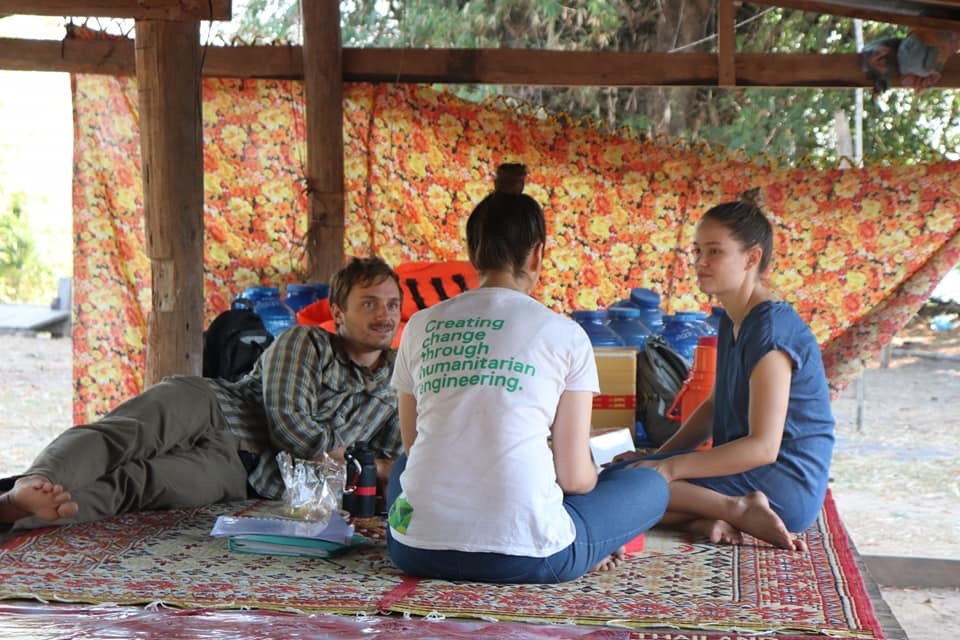The Australasian Association for Engineering Education (AAEE) has recognised EWB and its University partners team for engineering excellence for the Humanitarian Design Summits in the Engineering Education Engagement category.
The awards, presented at the AAEE Annual Conference in December 2020, were judged by a panel of experts drawn from across Australasia. The award recognises the fostering of an excellent standard of purposeful and successful engagement with multiple stakeholders in Australasian Engineering Education – such as colleagues, industry, and students. The award also represents a collegiate approach to quality learning and teaching practice and/or research and a sharing of educational expertise across multiple contexts.
Engineers Without Borders Australia (EWB) led Humanitarian Design Summits are two-week immersive cross-cultural study-abroad programs that embed human-centred values and approaches in engineering, design, and technology.
Since the first EWB Summit in January 2015, over 1,500 students from 35 universities have participated. Sustained success has derived from the purposeful engagement with multiple stakeholders, including EWB, 32 Australian and three New Zealand universities, university students, academics, and dozens of local partner organisations.
The award specifically acknowledges the contribution of many in bringing the transformative Humanitarian Design Summit experience to life. The award specifically acknowledged Nick Brown and Tanja Rosenqvist (RMIT), Jeremy Smith (Australian National University), Eva Cheng (University of Technology Sydney), Cris Birzer (University of Adelaide), Jennifer Turner (Swinburne University of Technology) alongside EWB’s Education team of Alison Stoakley, Sarah Herkess and Beatrix Neville. In reality, this small team represent dozens of academics, educators, and practitioners who have contributed to the design and delivery of the Humanitarian Design Summit program over the past six years.
Delivering the Humanitarian Design Summits as resulted in approximately $4,800,000 in student mobility funding and almost $500,000 universities’ administrative funding, much from consortia applications.
Through this engagement with Humanitarian Design Summits, universities across Australasia have produced graduates with greater global awareness, understanding of the implementation of engineering and technology within society, and stronger consideration of the social impacts of engineering. These Design Summits are raising the quality of engineering education across Australasia and redefining engineering as a human-centred profession.
Pictured: Facilitators Matthias Dorfstaetter (left) and Emily Allen (centre) with EWB’s Beatrix Neville (right) at a Humanitarian Design Summit in Cambodia, February 2020.


